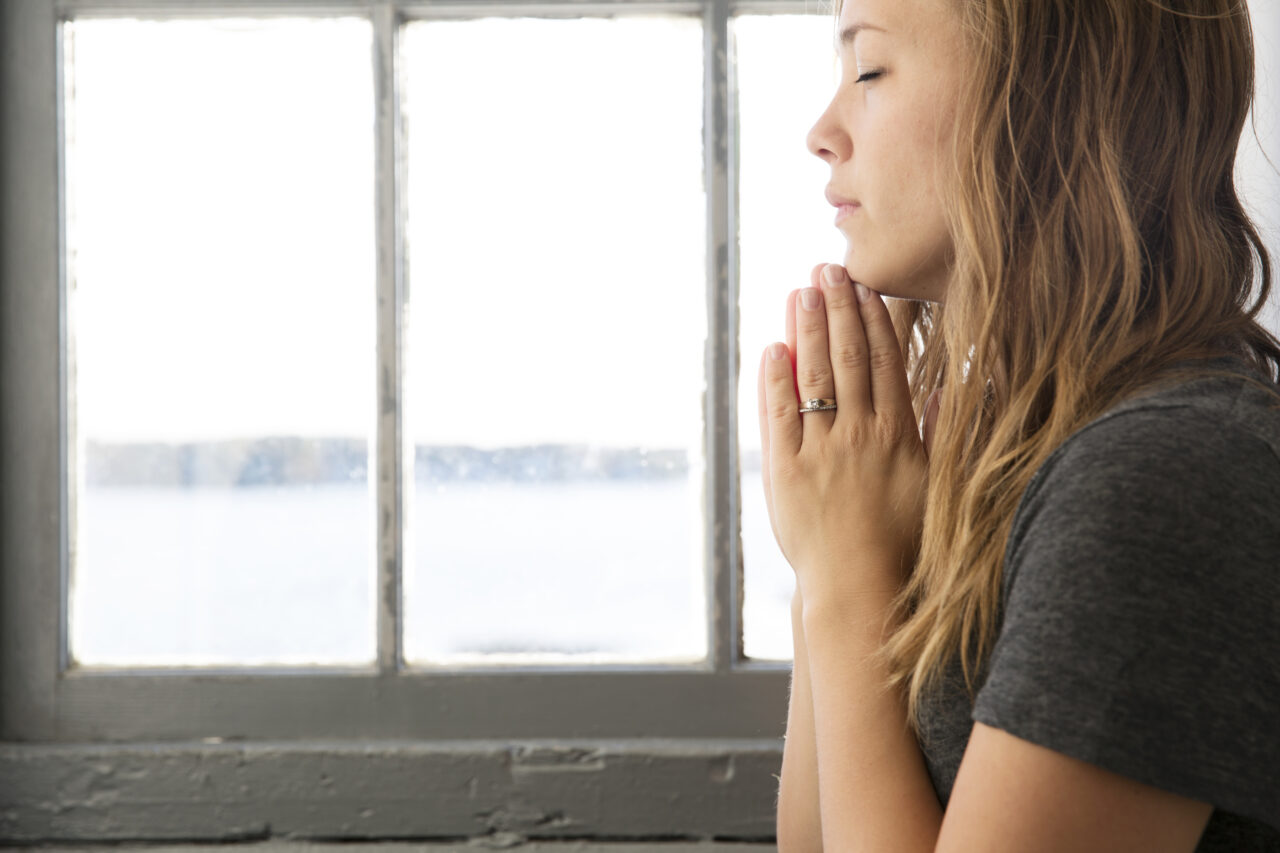Recently, I heard from a former youth group student who was part of our ministry over a decade ago. She told me she had a friend who was visiting the area from the west Coast; a musician who had written a song about profound trauma she’d experienced in a church while in her teens. She was looking for a pastor willing to sit with her and hear the song, and to have a conversation with her on camera about the damage she’d received at the hands of professed people of faith, but was finding none who were willing.
I was willing.
Three days later, the woman and I met at a local church, in one of the highly polished wooden pews like those that each of us had found ourselves in at earlier points in our lives. She pulled out an iPad, exhaled sharply and pressed play. The song was raw and confrontational, dripping with sarcasm and dark humor and cathartic anger, but I could see in her face the cavernous wounds that she’d carried for years of her life; ones created by people claiming to follow a God who is love.
For forty-five minutes we shared our stories and hearts. We talked about the pain she endured at the hands of a church worker, and the subsequent shame dispensed afterward by the faith community that only made the initial injury more painful. I had the chance to do something pastors rarely get to do: sit next to those the Church has damaged and tell them that I’m sorry. It was a moment I am profoundly grateful for.
In the days since, I’ve realized it was important to write the words that I shared with this young woman; words that millions of people deserved to hear from a pastor, church worker, or church member but never have—so here they are:
To You Who Have Survived Church Trauma,
I’m sorry.
I’m sorry for the way the Church has hurt you.
I’m sorry for the hateful things done to you by people professing faith in a God of love.
I’m sorry for the way its Purity Culture poisoned the way you understood love and your body and attraction and intimacy and sexuality.
I’m sorry for the violence you received at the hands of those you expected to be safe with.
I’m sorry for the way your trust was betrayed, your vulnerability was exploited, your innocence was taken advantage of.
I’m sorry for the acts of initial damage and the words in the wake of them that compounded and prolonged your suffering.
I’m sorry for the shame hurled at you, for the guilt piled upon your shoulders, for the insults and the shunning and the ghostings; for the way they tried to blame you for what happened.
I’m sorry that instead of defending you, too many chose to defend the system that allowed you to be hurt in the first place; that they saddled you with blame for their collective failures.
I’m sorry they twisted the scriptures into making you believe that this was somehow your fault, or that God was somehow angry with you.
Please, hear me:
You didn’t deserve this.
You didn’t do anything wrong.
This wasn’t about how you dressed or the way you carried yourself or your dating history. It wasn’t about your ease around others or how confident or needy or quiet or affectionate you were.
This was about the failure of the supposed people of Jesus to protect you as he commanded them to.
This is their individual and collective sin to carry, not yours.
You deserve to have this burden lifted.
You deserve to be reminded of your inherent worth.
You deserve to know that you have never been dirty or shameful or guilty.
You are beautiful, as you are, without alteration.
You always have been.
You should have heard these words a long time ago, by people who had the proximity and responsibility to say them to you but since you haven’t, I hope reading them from someone you’ve never met will bring a small bit of comfort.
I’m sorry the people of God failed you.
I’m sorry the Church hurt you.
I’m just so very sorry.
It breaks my heart that right now, hundreds of thousands of young people (especially young women) are sitting in churches right now, still being placed in harm’s way, still being shamed into silence, and still being preyed upon by communities who blame the victim.
I hope and pray that more ministers, church leaders, and adults filling those buildings and sitting in those very pews, will have eyes to see the red flags and potential abuses, that they will find the courage to bring accountability for the abusers and confront the very systems that nurture and perpetuate abuse.
May the Church be the healer and not the cause of wounds.




